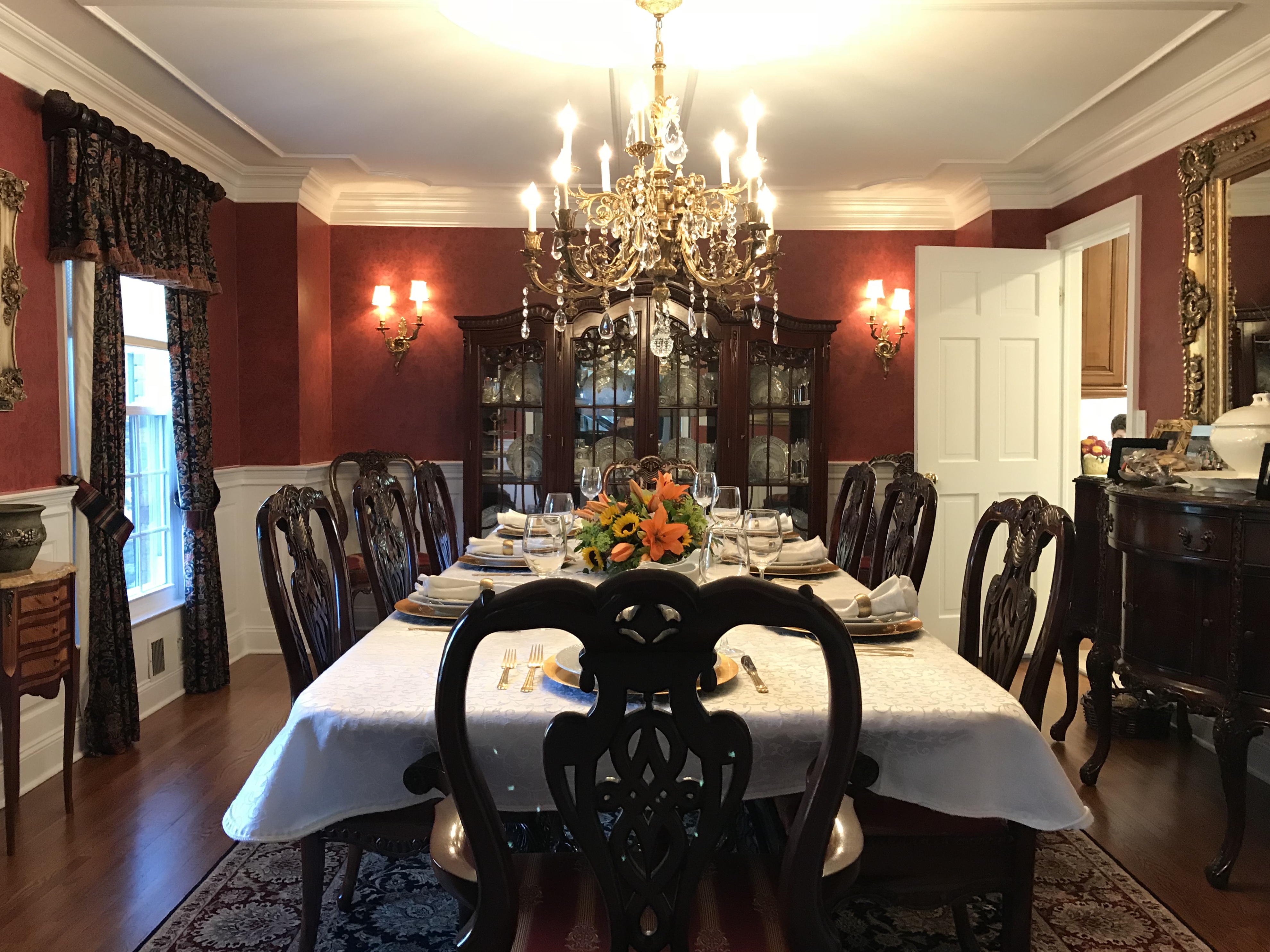Family dinners seem to be a dying breed in our society. With the increase in technology and busy schedules, it’s harder and harder for families to gather as a unit in the evening. But in my family, it’s more complicated than that. My family has conflicting schedules because we live scattered across the world.
My sister moved across the Hudson for college, and I can no longer eat with her every night, and my dad moved across the Pacific, or Atlantic, or the Arctic, depending on how you look at the globe. He lives in Hong Kong. I only have dinner with him once every couple of months or so, when he visits me. But even when he visits, my family still doesn’t eat together as a whole. My parents are divorced, and my mom doesn’t come along for dinners with my dad. But even if she did, it still wouldn’t be my whole family there because my dad doesn’t usually bring my little sister, who lives with him in Hong Kong, to the U.S.
In recent years, I can say that I’ve had only one true family dinner, and that was at my brother’s bar mitzvah. Everybody was there: my mom, my sister (who wasn’t away at school yet), my brother, my dad, my stepmother, my little sister, and both of my parents’ extended families and friends. But can I call that a family dinner? Sure, we were all eating in the same room. However, we were in no way, shape, or form conversing. Yes, I spoke to everyone at some point in the evening, just not all together. At a family dinner, are we supposed to talk to everyone at once anyway? Probably not. That would be hectic.
So what separates family dinners from all other types of meals? Do family dinners require one solid table to sit around? Do they need a conversation that includes every person in attendance? Or must the entire family be there at all? And in a non-traditional family like mine, in which each of my parents defines “family” differently, how should I define “family?”
I could say that family dinners require a table, one all-inclusive conversation, and my entire family, which I define as people who are related closely to me by blood, to be there. But if I say this, then I’m admitting that I haven’t had a family dinner since my parents were married and living in the same house, opening up even more questions.
What is the definition of “closely?” Does that include grandparents, aunts, uncles, cousins, or the entire human race (since we’re all technically related)? And does this mean that family can only be connected by blood, thus excluding adopted relatives and people who married into my family? Does this say that the intimate, memorable meals I’ve had with my siblings and my mom or dad are not family meals? Because they sure felt like they were.
Suppose I scrap the title of “family dinner.” Instead, let’s describe it as spending time and eating in the evening with the people who care more for me than anyone else in the world: my unit, my team, my people. Suddenly I no longer know how many family dinners I’ve had. Weeknights with my mom working at the kitchen counter while my brother, sister, and I bicker over whether we should watch the news or “Family Guy” and eat roast chicken or fish we keep saying we don’t like. Lavish steakhouses with my father, stepmother, and sisters, where the food is unforgettable, and my dad, in his leveled, matter-of-fact tone, reveals the “truths” of the world to us. Thanksgiving dinner with my grandparents, mother, brother, and sister, where we talk about the same things we talk about at every other meal we share together.
But how can those be family dinners if my entire family isn’t there? The answer is surprisingly simple: I have more than one family. My mom, brother, sister, and I are a unit at home in the States, but my dad, brother, sisters, and I are a unit in Hong Kong. And I feel surprisingly good about that. As my dad often says, “Having more family means there are more people to love you.”


